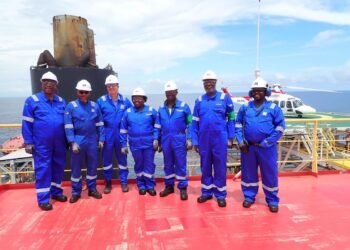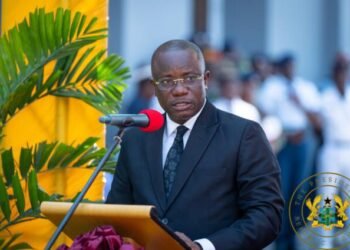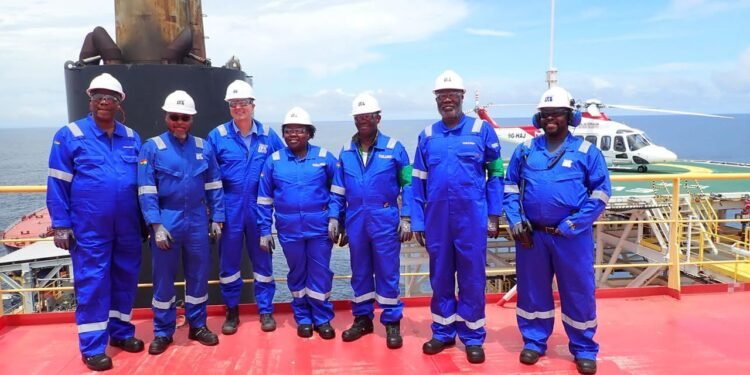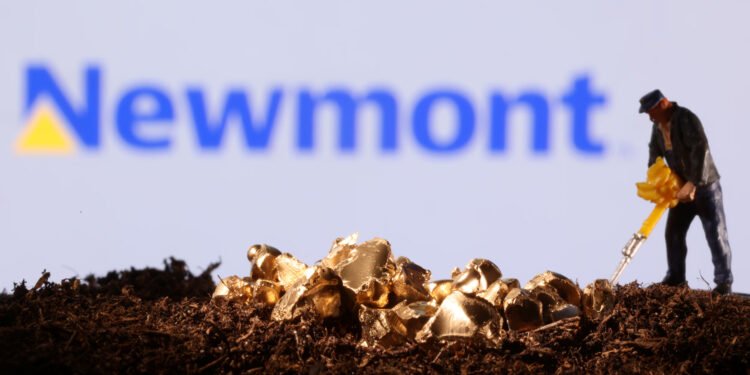The West Africa Hub of the African Climate Reality Project (ACRP) recently hosted a hybrid workshop aimed at equipping Climate Reality Leaders and civil society actors with the knowledge to navigate and engage with the African Development Bank’s (AfDB) operations.
In an interview with Vaultz News, Nana Mariam Yussif, West Africa Coordinator for ACRP, emphasized the workshop’s goal to bridge the knowledge gap among civil society organizations (CSOs) regarding AfDB’s operations. This initiative seeks to enhance transparency and accountability in climate finance across the region.
“This workshop is designed to familiarize members of the climate strategy with AfDB mechanisms, enabling them to engage more effectively.
“Understanding the bank’s structure and entry points is crucial for meaningful participation.”
Nana Mariam Yussif, West Africa Coordinator for ACRP
Yussif also noted the timing of the workshop, aligning with the upcoming AfDB annual forum in Abuja. “Participants who attend the forum will be better prepared to engage in discussions and advocate for climate finance commitments,” she added.
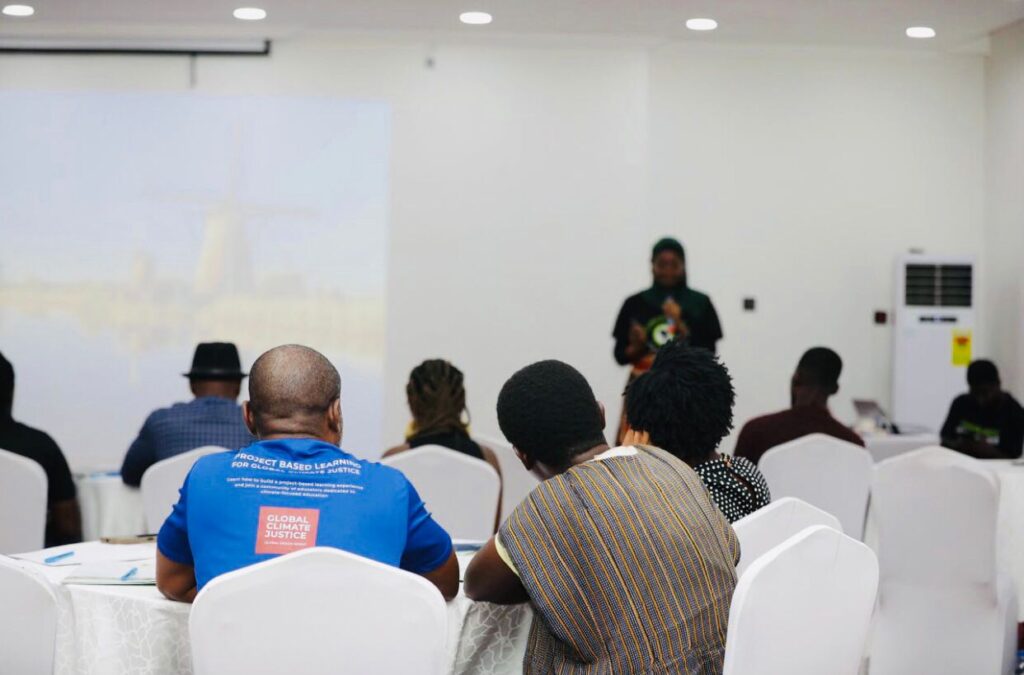
To ensure the longevity of the knowledge gained, the workshop emphasized the importance of continuous learning and application.
Yussif highlighted that understanding AfDB mechanisms would empower CSOs to develop well-informed proposals and secure funding for monitoring and tracking AfDB projects.
“Learning about the mechanism like that of the AfDB is essential for accountability ensuring communities aren’t affected negatively by interventions.
“We do not have to be experts before we understand the financial framework AfDB.”
Nana Mariam Yussif, West Africa Coordinator for ACRP
The initiative aligns with global efforts to localize climate finance and amplify grassroots voices in climate-related development projects. Yussif stressed the significance of CSOs in monitoring and influencing AfDB’s climate finance commitments.
“Our annual campaign on May 25 serves as a reminder to the bank of their obligations to climate finance, transition, and job creation.
“This workshop is a precursor to that campaign, preparing our team to advocate from an informed position.”
Nana Mariam Yussif, West Africa Coordinator for ACRP
Exploring Engagement Pathways with AfDB
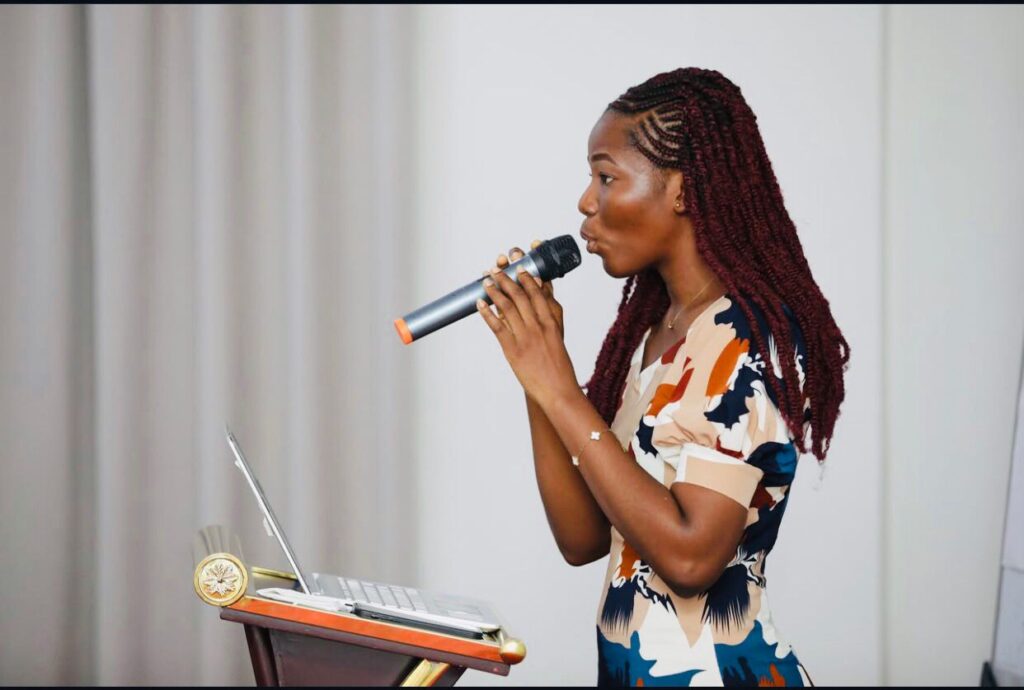
The AfDB Mechanisms Training Workshop served as a platform for equipping participants with the knowledge needed to monitor, influence, and engage with AfDB-funded development initiatives across the subregion.
As climate impacts escalate and financing becomes more complex, civil society actors are being called upon to play a more active role in shaping and overseeing how such funds are deployed.
One of the keynote sessions, led by Yayra Blessing, delved into the structure, priorities, and engagement mechanisms of the African Development Bank in West Africa.
Her presentation offered a comprehensive overview of how the Bank’s operations intersect with national development agendas and highlighted key channels through which civil society actors can engage throughout the project cycle.
“Understanding how the Bank allocates resources, prioritizes projects, and evaluates outcomes is essential. “CSOs need to be proactive—not reactive—by intervening at the right time with the right tools.”
Yayra Blessing, Climate Advocate
Learning from Experience: Country Case Studies
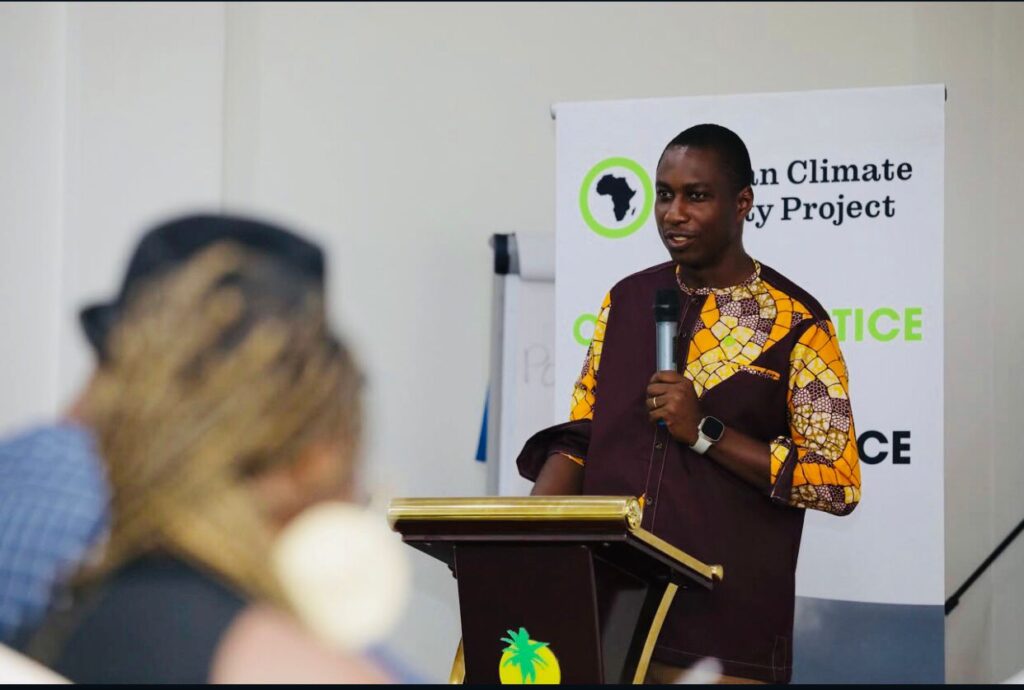
Additionally, experienced climate advocates Chibeze Ezekiel (Ghana), Rita Kigbara (Nigeria), and Mamadou Barry (Senegal) presented case studies highlighting the successes, challenges, and lessons of CSO engagement with the AfDB in their respective countries.
Their panel, titled “Unlocking Influencing: Reflections on Best Practices from CSO Engagement with the Bank in West Africa,” shared practical examples of how CSOs have successfully lobbied for policy changes, raised transparency concerns, and built strategic alliances to influence AfDB project implementation.
Chibeze Ezekiel, a prominent climate advocate from Ghana, shared insights from his country’s experience.
“What we’ve learned is that early engagement matters. If CSOs are involved at the inception stage of project design, they can shape outcomes that align with community priorities.”
Chibeze Ezekiel, climate Advocate
Similarly, Rita Kigbara from Nigeria and Mamadou Barry from Senegal offered valuable case studies on how CSOs in their countries have successfully tracked AfDB projects and leveraged findings to initiate dialogue and reform.
“The challenge isn’t just accessing information. It’s about knowing how to interpret it, build networks, and use that evidence to bring about change.
“The link between the CSO Forum and CSO Committee has been described by some as weak because of challenges like the CSO forum not having a diverse representation of interest from the continent.
Rita Ogwa Kigbara
As AfDB continues to scale up its climate financing in the region, initiatives like the ACRP training workshop will be critical in ensuring that civil society voices are integrated into the development agenda.
“Actions like engagement of policymakers, supporting community initiatives, and fostering transparency in climate finance project must be heavily prioritized.
“Building trust and credibility is crucial for successful engagement, requiring strategic communication and demonstrating expertise.”
Mamadou Barry
Participants left the session empowered with tools to identify projects, evaluate implementation, and engage constructively with the Bank and government agencies.
By enhancing transparency, building technical capacity, and fostering regional solidarity, the training marks a milestone in the effort to democratize climate finance governance in West Africa.
The ACRP and its partners are hopeful that this momentum will translate into long-term advocacy, better project outcomes, and ultimately, more climate-resilient communities across the region.
READ ALSO: Mahama Promises Revamp of Tema Oil Refinery Through PPP





